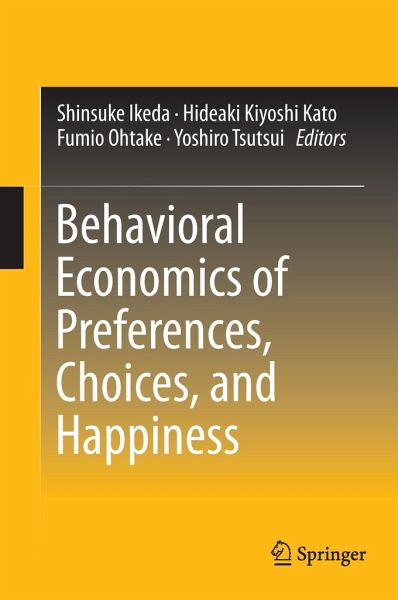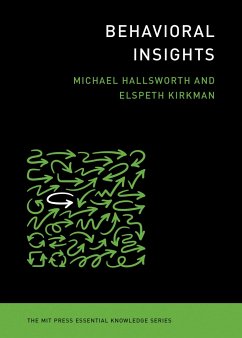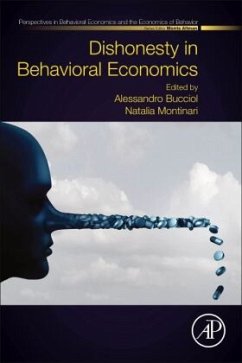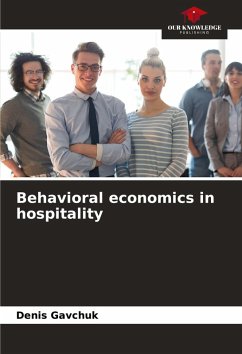Editors Shinsuke Ikeda is a professor at the Institute of Social and Economic Research (ISER), Osaka University and serves as the director of the Research Centre of Behavioral Economics in ISER. He got a B.Com. of Kobe University in 1980 and a Ph.D. (Doctor) of Osaka University (economics) in 1997. He was the former president of the Association of Behavioral Economics and Finance. He published articles on behavioral economics, macroeconomic dynamics, and asset pricing in Journal of Finance, Journal of Health Economics, Journal of International Economics, Journal of Monetary Economics, International Economic Review, etc. His work on behavioral economics is incorporated into the book Economics of Self-Destructive Choices, Springer, to appear in 2015. Hideaki Kiyoshi Kato is a professor of finance at Graduate School of Economics, Nagoya University, Nagoya, Japan. Before joining Nagoya University, he taught at Kobe University. He received his Ph.D. degree from the University of Utah in 1985. He has published several books and more than 30 articles in the leading finance journals such as Review of Financial Studies, Management Science, Journal of Financial Economics, Journal of Financial and Quantitative Analysis, International Review of Finance, Japan and the World Economy, Pacific Basin Finance Journal, Journal of Portfolio Management, Journal of Financial Research, Journal of Banking and Finance, and Journal of Futures Markets on subjects including the market efficiency and anomalies, stock options, investor behavior, dividend policy, equity offerings, and stock index futures. He is currently an associate editor of Pacific Basin Finance Journal and International Review of Finance. Fumio Ohtake is Osaka University distinguished professor and a professor in the Institute of Social and Economic Research at Osaka University and an executive vice president of Osaka University. He earned his M.A. and a Ph.D. fromOsaka University in 1985 and 1996, respectively, and a B.A. from Kyoto University in 1983. He is the president of the Association of Behavioral Economics and Finance, and an executive director of the Japanese Economic Association. His research topics are behavioral economics, labor economics, income distribution, and household behavior. He is also a recipient of the 2005 Nikkei Prize for Excellent Books in Economic Science; the 2005 Suntory Prize for Social Science and Humanities; the 2005 Economist Prize; the 2006 Ishikawa Prize of the Japanese Economic Association; and the 2008 Japan Academy Prize. Yoshiro Tsutsui is a professor of economics at Konan University. He had previously taught at Nagoya City University and Osaka University. He was awarded a Ph.D. (economics) from Osaka University. He was the first president of the Association of Behavioral Economics and Finance, and the president of Japan Society of Monetary Economics. His primary areas of teaching and research are behavioral economics and banking and finance. Currently, his research includes happiness study, time discounting, international linkage of stock prices, and regional banking and finance. His publications appeared in Review of Economics and Statistics, Journal of Financial and Quantitative Analysis, Journal of Banking and Finance, Journal of Risk and Uncertainty, Regional Science and Urban Economics, and Journal of Research in Personality. In 1988, his book, The Financial Markets and Banking Industry: Economic Analysis of Industrial Organization (Toyokeizai-Shinpo Sha, in Japanese) was awarded the Nikkei Prize for Excellent Books in Economic Science.














